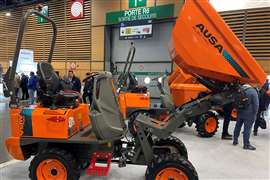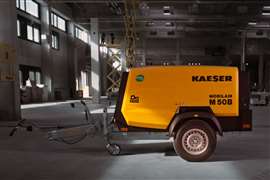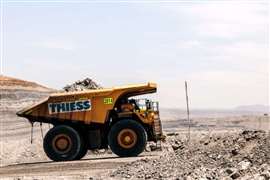AFI welcomes health and safety review
09 January 2012

AFI-Uplift has welcomed the Löfstedt report for the UK Government's Department for Work & Pensions' on Health & Safety legislation for streamlining regulations and making them more consistent.
Austin Baker, AFI's health, safety, environment and quality (HSEQ) director, said, "If the recommendations from this report are fully implemented it will mean that the number of regulations is reduced and businesses will have clearer guidance on what is required for compliance.
"This should enable a more cost effective approach to safety management, and organisations will be better protected against unjustified liability claims. It will also mean that businesses whose Health & Safety enforcement is by the local authority should see a more consistent enforcement policy. We are encouraged with the overall content of this report and would recommend that all senior executives take the time to read it," he added.
Chaired by Professor Ragnar E Löfstedt, director of the Centre for Risk Management at King's College London, the Löfstedt review aims to reduce the level of bureaucracy, restate the importance of reasonable practicability in Health & Safety regulation and promote greater personal responsibility amongst individuals.
It further concluded that any problem "lies less with the regulations themselves and more with the way they are interpreted and applied."
The UK Government has set a timetable for implementation of the recommendations. This extends to 2014 for some issues but the HSE review of approved Codes of Practice should be completed by June 2012.
Mr Baker added, "Whilst we welcome the report we have to remember that it is only a review, albeit an important one, and its recommendations may not necessarily lead to changes to legislation. Whatever the outcome, it is important for businesses to remain focused on continuing to complete practical risk assessments particularly around key risks and hazardous activities, establishing proportionate risk control systems, deploying the risk control systems, monitoring their effectiveness and reviewing any need for change, and maintaining sufficient records to be able to support the basis of the risk control regime."






